Stop Forcing Your Child to Share: The 3 Social Skills That Actually Matter
When Your Child Becomes “That Kid” at Every Playdate
Have you ever left a birthday party early because your child was melting down, snatching toys, or hiding under a table?
Here’s a shocking truth: 73% of parents report feeling embarrassed by their child’s social behavior at least once per month. Yet most parents are accidentally making these struggles worse by forcing outdated social rules that don’t actually teach real social skills.
If you’re tired of being “that parent” who has to apologize for their child’s behavior, you’re about to discover why your big-hearted, enthusiastic child isn’t broken—they just need better coaching.
Why Your “Difficult” Child Will Become Your Most Amazing Kid
You know that feeling when your child gets so excited about something they push other kids out of the way? Or when they hide the moment friends arrive, only to snatch every toy once they finally emerge?
Here’s what you need to know: The kids who struggle most with social skills are usually the ones with the biggest hearts and deepest feelings. Yes, they can be loud, impulsive, and occasionally aggressive. But with your calm guidance and connection, these same children become the most wonderful, empathetic kids as they grow.
Your 2, 3, or 4-year-old isn’t being “bad”—their brain simply isn’t developed enough to handle complex social situations yet. And that’s completely normal.
The 3 Social Skills You Should NEVER Force (And What to Do Instead)
1. Stop Making Your Child Share
The truth: Forcing kids to share keeps you stuck in the middle and prevents children from developing genuine generosity.
When you force sharing, you’re essentially doing “adult snatching”—taking something from one child and giving it to another. This doesn’t teach real sharing; it teaches compliance.
What to do instead:
- “I can see Emma has that block and you really want it, but she’s playing with it. I know it’s hard to wait, but when Emma’s done, you can have a turn.”
- “Oops, looks like Noah wants the car you have. This is tricky—two kids, one car. How can we work this out?”
Coach your child through the feeling of wanting something they can’t have right now. This builds genuine patience and problem-solving skills.
2. Don’t Force Apologies
Why forced “sorry” doesn’t work: When you demand an apology, you shift from being on your child’s team to being their opponent. They’ll fight back and refuse to back down because forced apologies don’t develop real kindness or compassion.
The better approach—teach “check-ins”:
- “Jake, I can’t let you hit. Sophie is crying—should we check if she’s okay?”
- “Guys, you’re having fun, but Lily looks really sad. Let’s see if she’s okay.”
- “Max, you wanted that doll so you took it from Grace. Let’s give it back. Grace looks upset—do you want to ask if she’s okay?”
This teaches your child to notice social cues and develop genuine empathy. Children who learn to check on others eventually add “sorry” organically.
3. Avoid Forced Turn-Taking
The problem with mandated turns: You end up doing all the social work for your child. They’re not learning to navigate these situations themselves, and everyone usually ends up in tears anyway.
What works better: Let each child use the toy they’re interested in until they’re naturally done. Other kids learn to wait and cope with disappointment while you offer empathy and support.
Model social awareness instead:
- “Can you see the little girl waiting for the slide? She really wants a turn, and you’ve had a big turn. What about one more push, then we’ll give her a go?”
- “I’m looking at that little boy who wants to join the sandpit game. Would you like to ask if he wants to play?”
When You Should Step In: The One Non-Negotiable Rule
Here’s your core rule: We don’t take something from someone without their permission.
If your child snatches, step in with empathy and help them make it right:
“Oh Anna, you wanted the spade and took it from Zoe, and now she’s crying. You really wanted that spade, but I won’t let you take it while she’s using it. Do you want to give it back, or do you want my help?”
Then coach them: “It’s hard to wait for that spade, but we can’t take Zoe’s. What else can we play with? Or we can offer Zoe a different bucket and see if she’s willing to swap.”
Transform Your Child’s Social Struggles Into Strengths
Your child’s intense emotions and big reactions aren’t character flaws—they’re signs of a passionate, engaged kid who just needs better tools.
Start with these three steps:
- Stop forcing sharing and start coaching patience
- Replace “say sorry” with “let’s check if they’re okay”
- Model social awareness instead of mandating turn-taking
Remember, you don’t need to fix everything at once. Pick one approach and practice it consistently. Your child will learn faster when they feel supported rather than corrected.
Your child’s social journey isn’t about perfection—it’s about connection, compassion, and growth. With your patient guidance, those big feelings will become their biggest strength. Trust the process, embrace the mess, and watch your child’s social confidence blossom.
📥 Get Your FREE Quick-Reference Cheat Sheet
Want these scripts and strategies at your fingertips during your next playdate or social situation?
👉 Click below Download Button to download your FREE Social Skills Cheat Sheet PDF
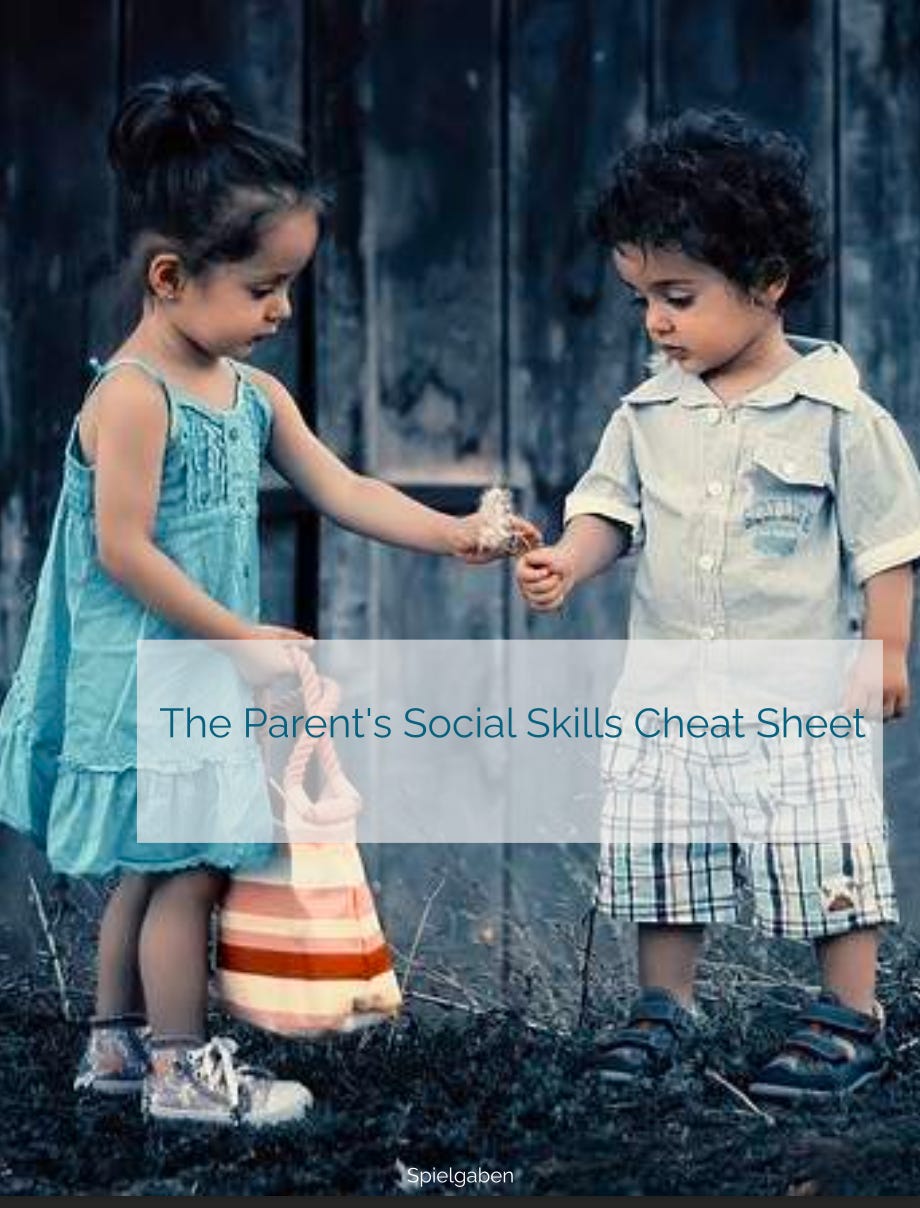
Parents Social Skills Cheat Sheet
This printable guide includes:
- ✅ All the exact phrases to use in challenging moments
- ✅ Before/during/after social situation checklists
- ✅ Your one non-negotiable rule with scripts
- ✅ Quick tips you can reference on your phone
Stop scrambling for the right words when your child is struggling. Get your confidence-boosting cheat sheet now!
What’s the first step you’ll try today?


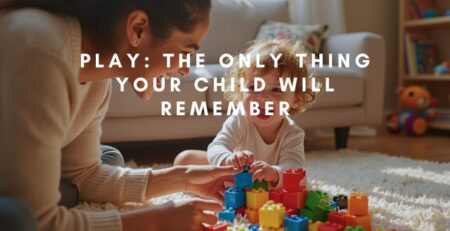


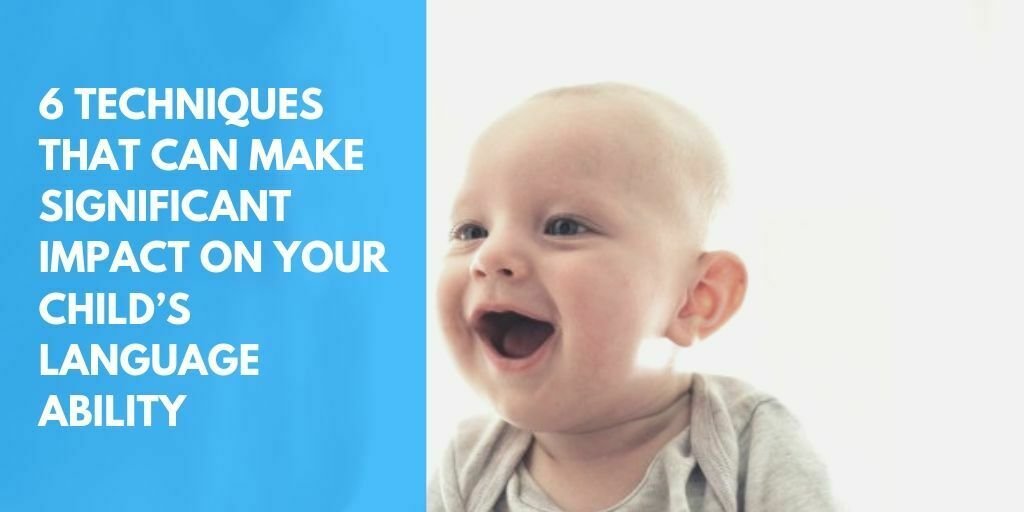


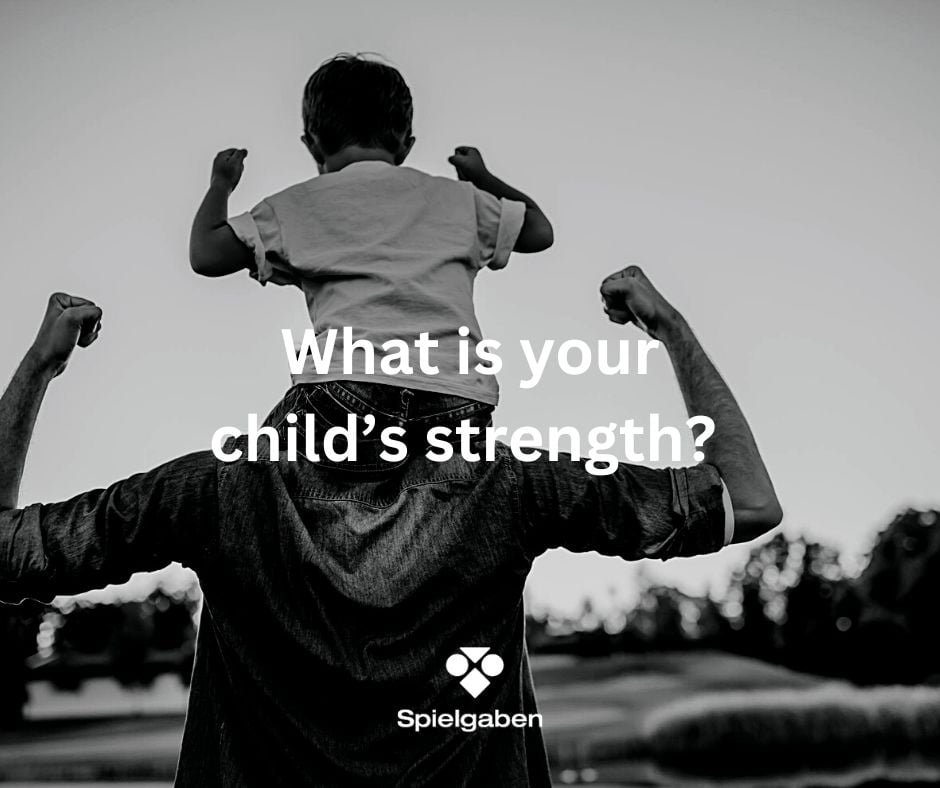


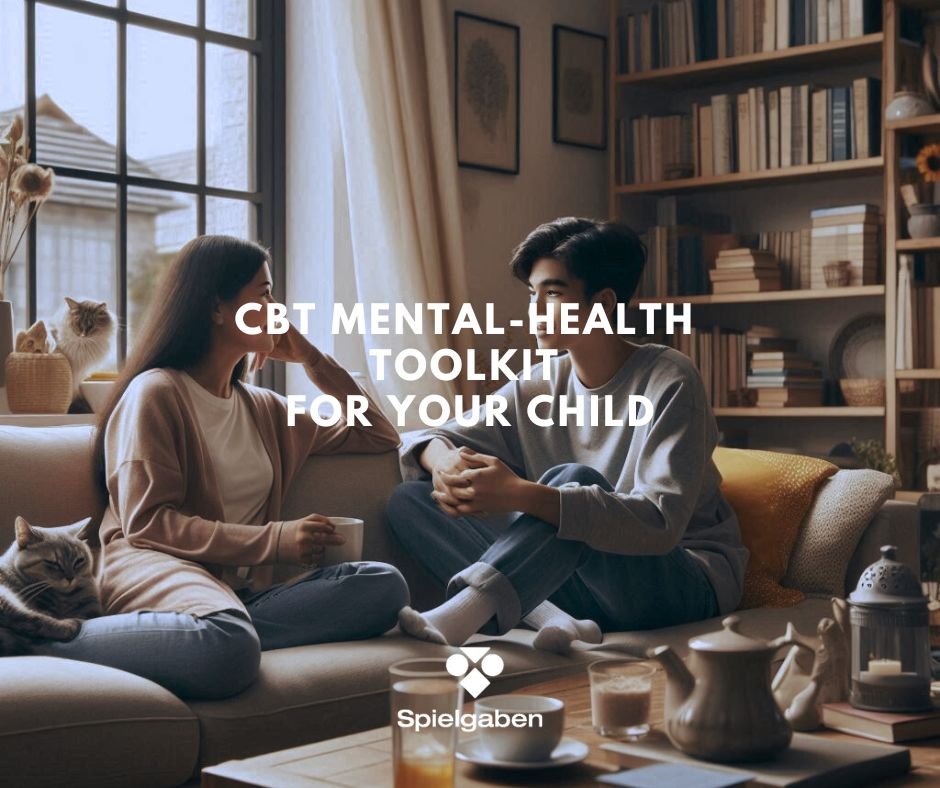

LEAVE A COMMENT